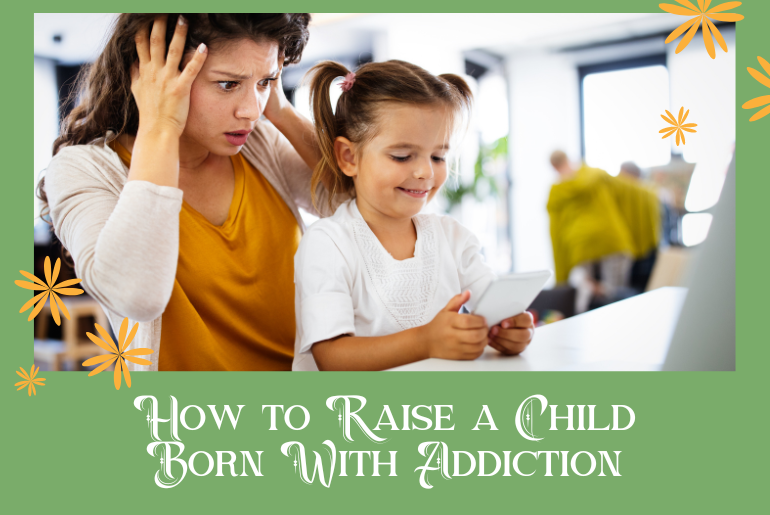Is mandatory parenting education the key to raising well-adjusted children? As the debate rages on, we’re here to provide some clarity: Yes, couples should be required to take parenting classes before deciding to have a baby, however, it cannot be mandated. This post discusses whether couples should be required to take parenting classes before they decide to have a baby, examining the potential benefits, drawbacks, and alternative approaches.
The Challenges of Parenthood
Becoming a parent is a significant life event that comes with a myriad of responsibilities and challenges. From sleepless nights to financial strains, parents face numerous obstacles. Despite these challenges, many couples venture into parenthood without prior education or training, which can lead to increased stress, confusion, and feelings of inadequacy.
The Benefits of Mandatory Parenting Classes
The following are the pros of mandatory parenting classes:

1. Preparedness for Parenthood
Parenting classes can provide couples with essential tools and knowledge to help them become more confident and capable parents.
2. Support Network
Attending classes with other soon-to-be parents can create a support system for couples, making the journey into parenthood less daunting.
3. Improved Parenting Skills
Mandatory parenting classes can provide couples with essential skills and knowledge to navigate the complexities of raising a child. These classes can cover topics such as child development, nutrition, discipline, and emotional well-being. Equipping couples with this knowledge can result in more effective parenting strategies and increased confidence in their abilities.
4. Enhanced Communication Skills
Parenting classes can also help couples develop better communication skills, enabling them to express their needs, feelings, and expectations openly and honestly. This can lead to healthier relationships and a more harmonious family environment.
5. Healthier Family Relationships
By teaching effective communication and conflict resolution skills, mandatory parenting classes can promote healthier family relationships. Couples who can openly discuss their parenting styles and concerns are more likely to create a nurturing environment for their children.
Potential Drawbacks of Mandatory Parenting Classes
The following are the cons of mandatory parenting classes:
1. One-Size-Fits-All Approach
Parenting classes may not cater to the unique needs and circumstances of every couple, potentially making them less effective.
2. Accessibility and Affordability
Another concern is the accessibility and affordability of mandatory parenting classes. Implementing such a policy could disproportionately affect low-income families who may not have the resources to attend these classes or take time off work to participate. This could further exacerbate existing inequalities in society.
3. Intrusion into Personal Choices
One argument against mandatory parenting classes is that they could be seen as an intrusion into a couple’s personal choices. Critics argue that the government should not dictate how individuals raise their children, as each family’s values and beliefs are unique.
How to Take Parenting Classes
Taking parenting classes can be a valuable investment in your family’s well-being and future. These courses can help you develop effective parenting strategies, improve communication skills, and foster healthier family relationships. To make the most of your parenting class experience, follow the steps outlined below.

Step 1: Determine Your Needs and Goals
Before enrolling in a parenting class, consider what you hope to gain from the experience. Are you a first-time parent looking for basic guidance? Are you struggling with a specific parenting challenge, such as discipline or communication? Identifying your needs and goals can help you find the most suitable class for your situation.
Step 2: Research Available Parenting Classes
There are various types of parenting classes available, ranging from general courses to those focused on specific topics, such as child development, nutrition, or discipline. Conduct thorough research to explore your options and find a class that aligns with your needs and goals. Consider factors such as class format, location, duration, and cost.
Step 3: Choose a Class Format
Parenting classes are offered in different formats, including in-person, online, and hybrid courses. In-person classes often provide opportunities for hands-on learning and group discussions, while online classes offer flexibility and convenience. Consider your schedule, learning preferences, and access to technology when choosing a class format.
Step 4: Seek Recommendations and Reviews
Ask friends, family, or healthcare providers for recommendations on reputable parenting classes in your area. You can also search online for reviews and testimonials from previous participants to gain insights into the quality and effectiveness of the courses you’re considering.
Step 5: Register and Attend the Classes
Once you’ve found a parenting class that meets your needs, register and attend the course diligently. Engage in discussions, ask questions, and participate in activities to make the most of your learning experience.
Step 6: Apply the Lessons Learned
After completing the parenting class, put the lessons learned into practice. Remember that change takes time, and you may need to adjust your approach as you gain experience and observe your child’s responses. Continuously reflect on your progress and adapt your strategies as needed.
Step 7: Seek Ongoing Support and Education
Parenting is a lifelong learning process. Stay informed about new research and best practices by attending workshops, seminars, or webinars and joining online forums or support groups. Engaging with other parents and experts can provide valuable insights and encouragement as you continue on your parenting journey.
The Role of Technology in Parenting Education

Technology can play a significant role in the future of parenting education by offering new and innovative ways to deliver information and resources. Online classes, webinars, and mobile apps can help make parenting education more accessible and engaging for a broader audience.
Expanding the Reach of Education
As society becomes more aware of the importance of parenting education, efforts should be made to expand its reach. This includes incorporating parenting topics into school curricula, offering workplace seminars, and partnering with community organizations to bring education directly to those who need it most.
FAQs
How can parenting classes benefit couples?
Parenting classes can provide couples with essential knowledge and skills to help them navigate the challenges of parenthood, fostering stronger parent-child relationships, and creating a supportive community.
Do parenting classes cater to different parenting styles?
While some parenting classes may adopt a one-size-fits-all approach, many courses are designed to accommodate various parenting styles and philosophies, helping parents find the approach that works best for their family.
Should parenting classes be tailored to different cultural backgrounds?
Ideally, parenting classes should be culturally sensitive and respectful of diverse traditions and customs, helping parents integrate their cultural values into their parenting practices.
How can mandatory parenting classes impact society as a whole?
By providing parents with essential knowledge and resources, mandatory parenting classes have the potential to create a healthier, safer, and more prosperous society, with long-term benefits such as reduced healthcare costs and increased productivity.
What are the potential drawbacks of mandatory parenting classes?
Some potential drawbacks include infringing on personal freedom, disrespecting cultural differences, and logistical concerns such as funding and accessibility.
Are there alternative options to mandatory parenting classes?
Instead of making parenting classes mandatory, governments and organizations could promote voluntary, accessible, and affordable classes, offering incentives for participation or providing them as part of prenatal care.
Wrap Up
The debate surrounding whether couples should be required to take parenting classes before deciding to have a baby is a complex one, with valid arguments on both sides. While mandatory classes have the potential to create a healthier, safer, and more prosperous society, concerns about personal freedom, cultural sensitivity, and logistics must be taken into consideration. Ultimately, it may be more effective to promote voluntary, accessible, and affordable parenting classes, ensuring that couples have the support and resources they need without infringing on their personal rights and beliefs.

Dedicated father, an accomplished psychologist, and an experienced educationist. With a passion for guiding parents on the rewarding journey of raising children, I am the perfect companion for all your parenting needs. My insightful and practical advice, coupled with my wealth of experience, makes me the go-to expert for all matters related to parenting. Follow this blog for a glimpse into the world of effective parenting and learn how to navigate the ups and downs of this beautiful journey with confidence and grace.




